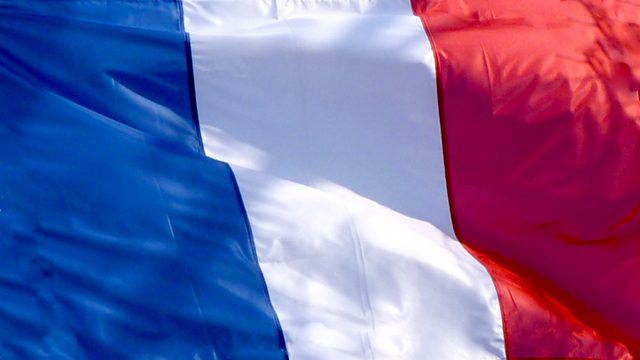Episode 3
Exploring France's imperial past and its effect on former colonies today, Julian Jackson focuses on the imperial troops who fought for France in two world wars.
Julian Jackson uncovers the forgotten - and indeed in this country largely unknown - story of the French Empire. In the third of five Essays, he tells the story of the imperial troops who fought for France in two world wars.
The French Empire was second only to the British. At its peak in the 1930s it covered some 10 million square miles with a population of 100 million. It stretched from the West Indies to the South Pacific, from Indo-China to the Maghreb, from Sub-Saharan Africa to the Levant. The Empire may be gone now but its legacy lives on both in France and in the former colonies. With a Muslim population of 4.5 million today, France, thanks to her former Empire, has the largest Islamic population of any country in Europe; couscous is as much national dish as coq au vin (or chicken vindaloo in Britain). And with recent turbulent events in Africa and the Middle East reminding the French and us of the importance of these former links, this is a story that is worth telling in some detail.
The armies lauded by de Gaulle on his triumphant return to Paris in 1944, who had liberated Italy and southern France were largely made up of black and North African troops. But this was not true of the French troops that helped liberate Paris because the British, American and Free French had all colluded in ensuring that those troops were white.Tonight, Julian focuses on the vital importance played by colonial troops in the French armies - both in the conquest of other parts of the Empire but also in the First and Second World Wars.
Producer: Simon Elmes.
Last on
More episodes
Previous
Broadcasts
- Wed 14 Sep 2011 22:45大象传媒 Radio 3
- Wed 12 Sep 2012 22:45大象传媒 Radio 3
Death in Trieste
Watch: My Deaf World
The Book that Changed Me
Five figures from the arts and science introduce books that changed their lives and work.
Podcast
-
![]()
The Essay
Essays from leading writers on arts, history, philosophy, science, religion and beyond.





